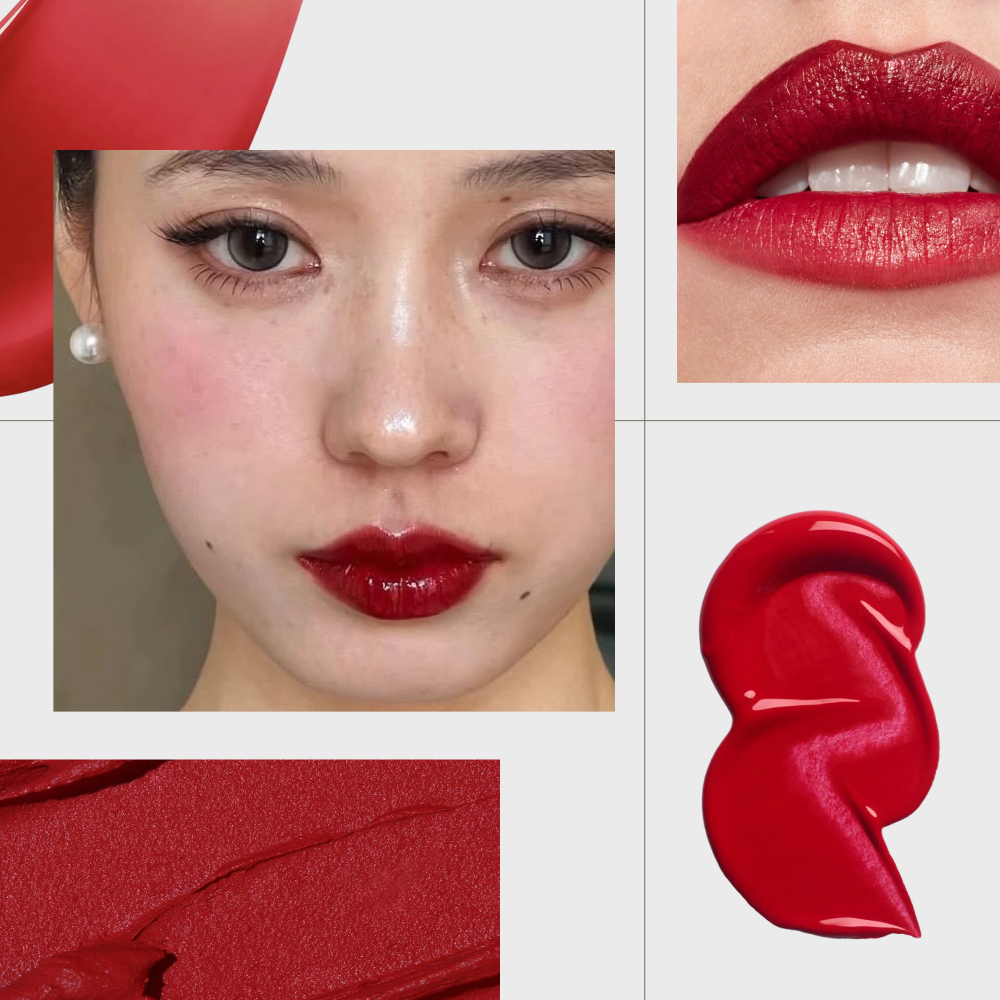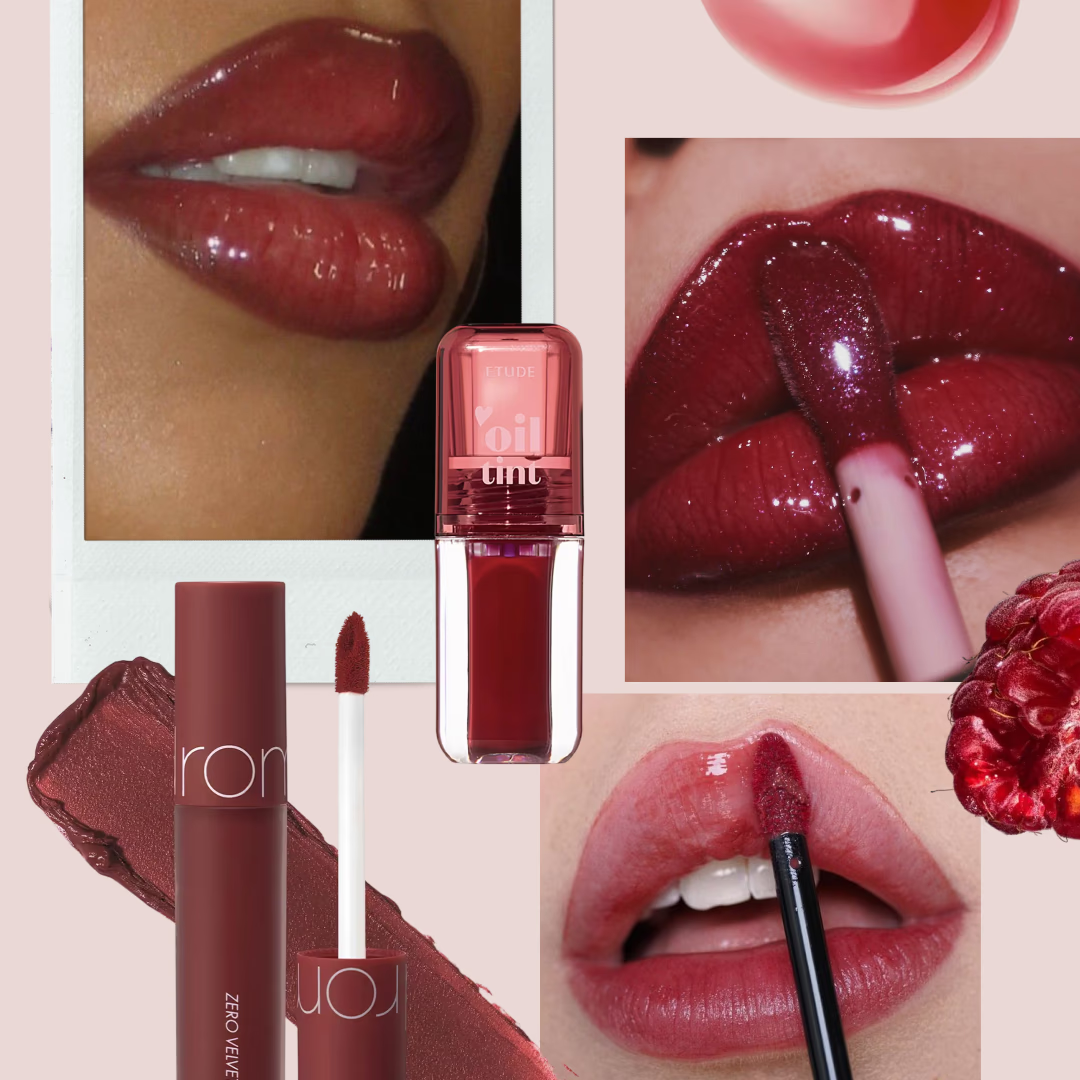
I've frequently looked at myself in the mirror while doing my skincare routine in the morning or getting ready to go out at night, contemplating all the little tweaks I could make—a slightly perkier nose, higher cheekbones, a smooth forehead, a more defined jawline. My Instagram is filled with saved reference photos and I've left no stone unturned in my research, delving into the potential side-effects, poring over before-and-after photos, and making consultation appointments with every dermatologist and aesthetician in my contact list. Doctors I’ve known for years tell me I don’t need them yet—”You can wait a little while longer for the fine lines to really annoy you,” said one to me recently. My friends and family echo the same tune: that I’m beautiful, still so young and have “cute natural features”. But mostly, they all say I don’t need botox or filler—I’m perfect the way I am.
But this brings up the question: What if you don't necessarily need these cosmetic enhancements (after all, who truly NEEDS a more defined nose?), but you genuinely want them? What if they boost your confidence or make you feel like a more sparkly, larger-than-life version of yourself?

Why have fillers and botox become so popular?
I was recently at a party, and we were all discussing a certain of-the-moment starlet. “She got more stuff done than she needed,” said one friend. “She looked so much better before. She didn’t need more filler,” said another. So then we all went down a bandwagon of googling actor name + age + filler and seeing more before/afters until they all blurred into each other. But then another friend asked the real question: What if she thinks she looks like the best version of herself now, and isn’t that the whole point?
In recent years, there has been a significant shift in how people in their 20s and 30s perceive their own features. This transformation, driven by various factors, is particularly influenced by the impact of social media. The constant exposure to edited images showcasing high cheekbones, sculpted jawlines and the sharing of before-and-after transformations by celebrity plastic surgeons has contributed to the emergence of new beauty ideals. As a result, there has been a notable increase in cosmetic procedures, all thanks to the era of around-the-clock self-documentation.
Botox, a purified form of botulinum toxin, temporarily paralyzes muscles responsible for wrinkles, creating a smoother, youthful appearance. Fillers, typically composed of hyaluronic acid, plump up sagging skin, reviving volume and contours. This transformation often leads to enhanced self-esteem and an improved self-image. Some say that botox and fillers can help bridge the gap between how we feel on the inside and how we look on the outside. When people see a more refreshed version of themselves in the mirror, they naturally feel better about their appearance, which can radiate into other aspects of their lives.
Furthermore, the "feel-good" factor associated with these treatments extends beyond the physical realm—the act of undergoing these procedures can trigger the release of endorphins, often referred to as "feel-good hormones." The satisfaction of taking control of one's appearance and the anticipation of positive results can elevate mood and self-assurance.
During the lockdown, we all spent a lot of time alone. I spent hours watching YouTube videos and trying to master a new skincare hack or cat-eye trick. I also cut my hair really, really short for the first time in a long time. It was transformative. I somehow felt younger, more fun—even ready to start dating. The fresh hair cut made me feel rejuvenated, more put-together and ready to take on the world. I thought that maybe a couple units of botulism toxin would make me feel the same way—like I was ready to perhaps make new moves or take the plunge.
This is where the therapeutic power of beauty comes to play. After all, we all want to feel like the best, more empowered, confident versions of ourselves. It’s all well and good to say that self-love comes from accepting yourself the way you are, but what happens if you need some tiny tweaks on your road to get there?
























